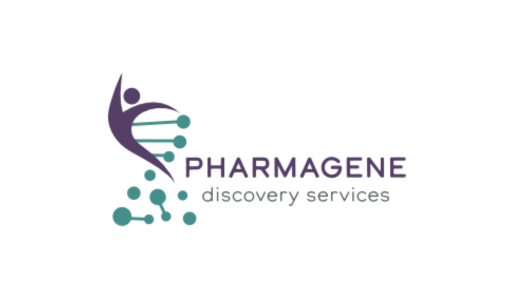BioTrinity 2025: Evolving to meet the challenges
With a changing global landscape, and last year’s change in UK government, ‘evolution’ and ‘opportunity’ were buzzwords ringing around the first day of the BioTrinity conference. The event, organised by OBN and now in its 19th year, catalyses success in life sciences by helping its members save time and money, get investment, and make connections.
In his Welcome, Stuart Rose, CEO of OBN, highlighted the changes that have swept the world since last year’s BioTrinity. Labour have replaced the Conservatives in UK government and, while he asserted that the Chancellor’s hike in National Insurance will impact small businesses, Stuart sounded a note of optimism. “Invest 2035 is the government’s new industrial strategy. Life Sciences is, explicitly, one of its eight core focus areas. Another is specialist manufacturing. So our sector sits across a quarter of the this strategy. These are pivotal areas to focus on for the growth of the UK economy.”
Stuart is excited about the UK’s BioSciences industry, saying: “The UK has less than 1% of the world’s population. However, for the UK life sciences economy, we play host to 40% of the world’s top 10 academic institutions. We are remarkably adept at that core R & D and innovation, and this nation’s potential, talent and capability in life sciences is huge.”
Stuart went on to reference the anticipated impacts of the new US administration, a theme that also featured in the keynote speech of Tim Haines, executive partner of Abingworth. While he believes there is uncertainty ahead, he, like Stuart, believes there are exciting opportunities for UK life sciences. “The US environment will impact our industry, and figuring out how to adapt is key. The good news is that pharmaceutical companies still have this insatiable need to acquire biotech companies.” Echoing Stuart’s view of unleashing the huge potential, Tim went on to say: “This year I hope the government engages the pension funds industry to invest more capital into private industry and the kinds of things we’re doing. The UK is incredibly strong in life sciences. We’re really doing well. The challenge is to scale-up capital to really build sustainable development.”
Tim also looked east to China. “In the last five years, China has become a competitor regarding drug development. There are certainly many best in class drugs that are now coming in China, and some first in class drugs as well. They have caught up dramatically.”
Stuart and Tim were speaking at the start of the business & investment track. Over the day, there were panel discussions on a range of subjects including how R&D SMEs can best engage with innovators, a deep dive into the USA’s Inflation Reduction Act, and the benefits of working with a clinical research organisation. Stuart Rose also hosted a revealing debate on the qualities of a good leader. In a fascinating discussion on how the macro environment impacts the growth of R&D companies, Andy Craig, of Conviction Life Sciences, reiterated that the new landscape in the US is an opportunity for UK companies as much as a threat. Continuing the day’s theme, Hannah Sore, of PharmEnable Therapeutics, said that, in the spirit of Darwinism, R&D companies need to adapt and change, with the panel asserting that the UK needs to evolve its notion of the cluster in from regional to national.
There were also two science tracks, where companies shone their research and development spotlights across the life-sciences spectrum. In Science Track One, there were focuses on neuroscience, cell and gene therapy, immunology and inflammation, and oncology. In Science Track Two, meanwhile, medtech and digital health, vaccine technology, Innovate UK’s cancer vaccine showcase and Alderley Park’s Life Science Accelerator were spotlighted. Introducing a session on women’s health, Angela Hobbs – Board Director of OBN & CEO of Wilkinson Hall – talked about the encouraging progress that has been achieved, such as Pivotal Ventures’ launch of Action for Women’s Health, a $250 million open call. But she insists that more still needs to be done to close the health gap. In the following session, companies showcased the remarkable breakthroughs they have made in this field.
A dedicated Partnering room at the conference gave delegates the chance to make new contacts. This room was buzzing with creative energy as like-minds fused and exciting futures were planned.
Held at Convene in Houndsditch, BioTrinity 2025 welcomed more than 800 delegates. While there may be challenges ahead, the first day of the conference showed the biotech industry’s tenacity and appetite to evolve as it meets them.
Register now for BioTrinity 2026!






